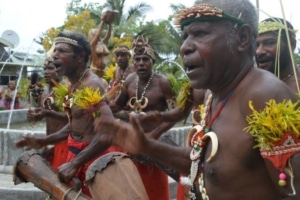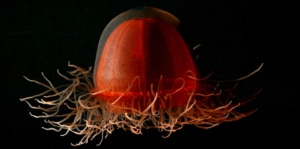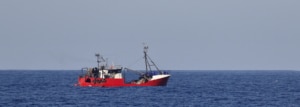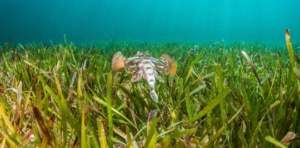Project Seahorse
Project Seahorse is a marine conservation organisation committed to the conservation and sustainable use of the world’s coastal marine ecosystems.
Project Seahorse, based at the University of British Columbia and the Zoological Society of London, is a marine conservation organisation committed to the conservation and sustainable use of the world’s coastal marine ecosystems.
For such iconic species, seahorses are remarkably unknown. These fishes are under huge pressure from targeted overfishing, bycatch in indiscriminate gear, and habitat degradation.
Yet nearly 40 per cent of the 44 species evaluated on the International Union for the Conservation of Nature (IUCN) Red List of Threatened Species are designated as ‘Data Deficient’, meaning that there is not have enough information to determine their conservation status, let alone begin to formulate effective actions for their conservation.
Compounding the problem, conservation initiatives specifically targeting seahorses are small in number and scope, and tools are lacking to coordinate conservation efforts and make them as effective as possible.
Working closely with other researchers, governments, and local communities, Project Seahorse generates cutting-edge research and uses its findings to develop highly effective conservation interventions.
Project Seahorse works to protect seahorses globally, with work ranging from small-scale initiatives on the ground to engagement with global processes such as the Convention on International Trade in Endangered Species of Wild Fauna and Flora (CITES).
By working to protect seahorses, Project Seahorse supports marine conservation more broadly. Seahorses suffer from the same pressures as much other marine life, and by working to address these threats, Project Seahorse is supporting healthy marine ecosystems.
Dr Amanda Vincent, the director and co-founder of Project Seahorse, has received global recognition for her ground-breaking work, including being awarded the first ever Whitley Award, receiving the Rolex Award for Enterprise, and most recently, becoming the first marine conservationist to win the prestigious Indianapolis Prize.

















